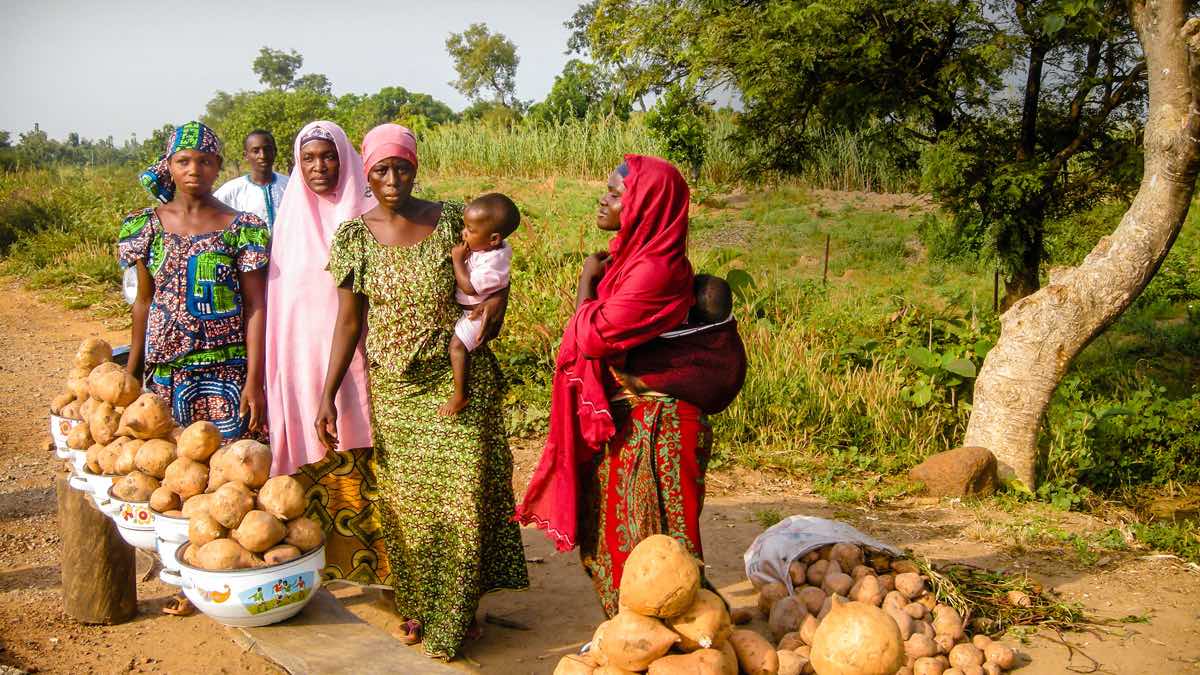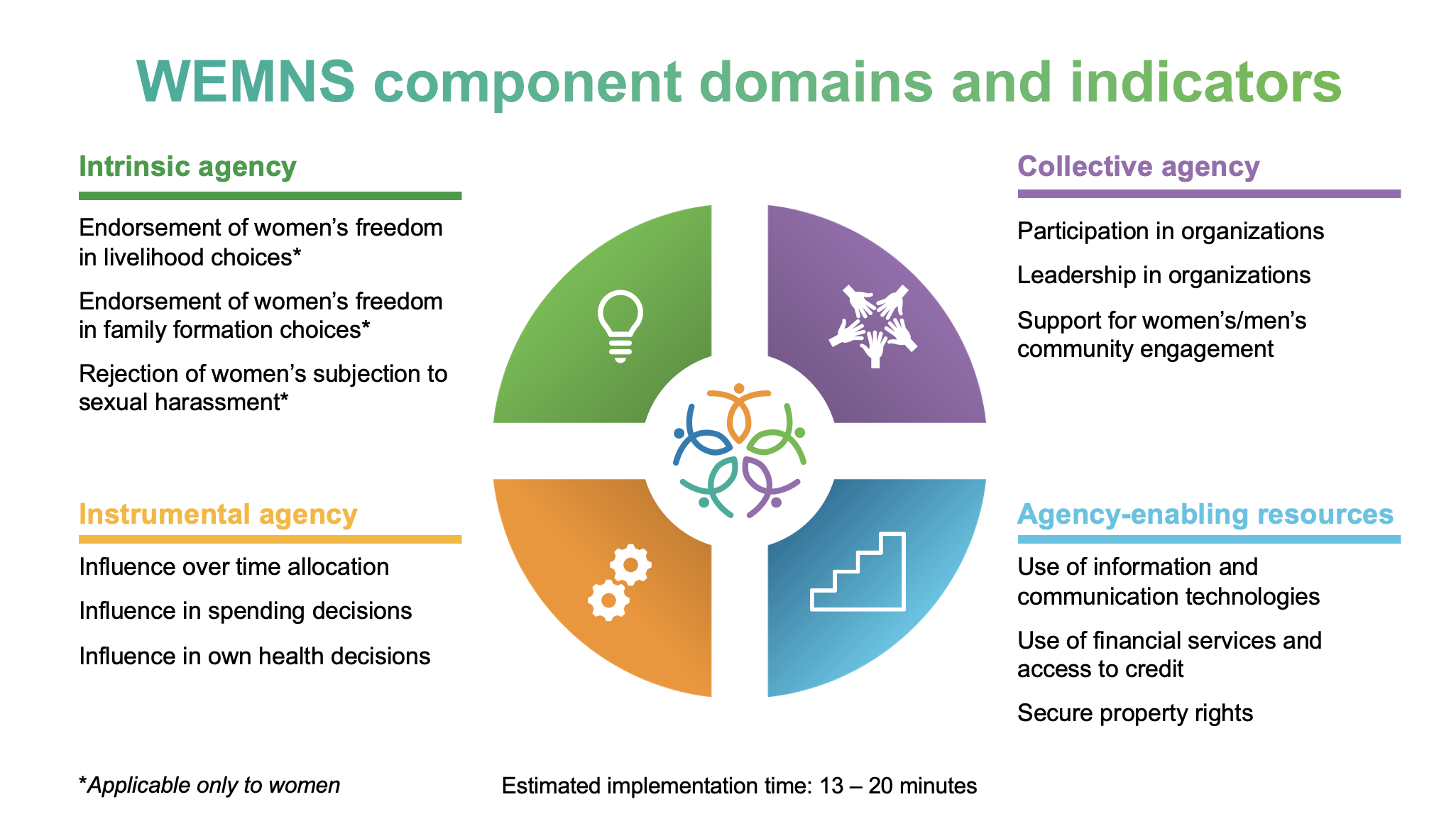The following story was originally published on the CGIAR Research Program on Agriculture for Nutrition and Health (A4NH) blog.
The world has rallied around the importance of good nutrition in a child’s first 1000 days – from conception to two years—to set up a lifetime of good health. With momentum from global movements such as 1000 Days and Scaling up Nutrition, it has been well documented that a lack of good nutrition during this window can lead to negative consequences for a child’s cognitive and physical development.
Chronic undernutrition, which results in stunting (when a child is too short for its age) affects 165 million children worldwide. In a recent A4NH-funded study published in the Journal of Nutrition, IFPRI researchers Jef Leroy, Marie Ruel, and their co-authors find that growth faltering, a consequence of chronic undernutrition, instead of slowing down after the child’s second birthday as generally believed based on previous analyses of global trends, continues well past that time. In fact, nearly a third of the total height deficit (30%) at the age of 5 is accumulated after the age of 2, that is, after the 1000 day window.
It all boils down to how undernutrition is assessed. Usually, researchers measure chronic undernutrition by standardizing each child’s height using the expected height for a child of his or her age and sex. This measurement, called a “height-for-age Z-score,” or HAZ, is a useful and widely used approach to compare the nutritional status of groups of children between countries. According to Leroy and his colleagues, however, using HAZ to measure changes over time, as children age, is statistically incorrect and has led to a misconception that the process of growth faltering is generally over by the time children reach two years of age. They propose a new metric, absolute “height-for-age difference,” or HAD. HAD is the simple difference in centimeters between the actual height of the child and how tall the child should be according to the height standard. Using this metric, the authors studied height data from over 300,000 children in 51 low and middle income countries. They found a steady increase in children’s height deficit from birth all the way through age five, with no plateauing after 1000 days as previously thought.
The authors of the study, which was funded by the CGIAR Research Program on Agriculture for Nutrition and Health (A4NH), reiterate that these findings do not challenge the global consensus that the first 1,000 days is the most critical period for intervening in nutrition. Globally more than two-thirds of the total accumulated height deficit at 5 years of age is due to growth faltering during the first 1,000 days. In addition, the continued growth faltering observed between two and five years of age may actually reflect the long-term consequence of poor quality diets and illnesses experienced during the first 1,000 days and may not be preventable with nutrition interventions provided after the critical window.
These findings raise important questions about the best timing for interventions aimed at improving nutrition and preventing growth faltering during and beyond the first 1000 days.
*To request a copy of this article, please contact: ifpri-library@cgiar.org.
With contributions from Marcia MacNeil.







